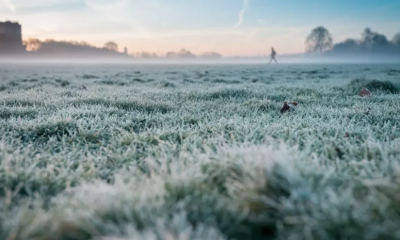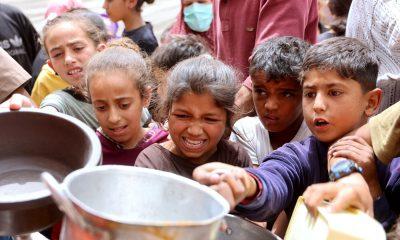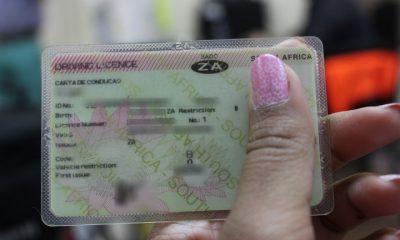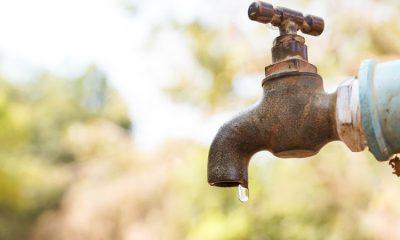News
Rand Water imposes use restrictions
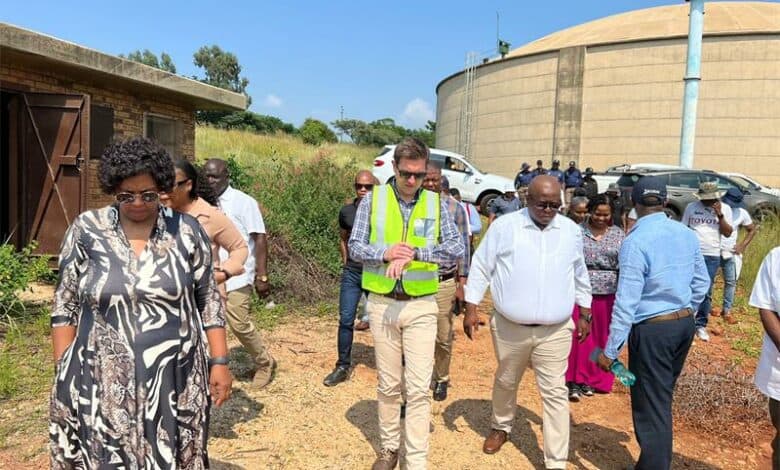
Tshwane along with all other municipalities in Gauteng have been placed under Level 1 water restrictions due to severe strain on supply.
Residents will have to adhere to limitations such as no watering of gardens between 18:00 to 20:00, and washing of paving with clean water while other restrictions look to regulate car washing operations and bath times being limited to about three minutes.
Municipalities were warned to reduce the high water consumption or face dry taps.
The restrictions are attributed to the dire straits facing Rand Water, and a bid to avert a water crisis that could plunge Gauteng in distress.
The water utility Rand Water, during the water imbizo held on Friday, September 13 revealed it is under severe strain because of high water consumption by the growing population as well as other factors such as poor water management.
The imbizo was in collaboration with the Gauteng provincial government, councillors from various municipalities and the Department of Water and Sanitation.
Rand Water group chief executive Sipho Mosai said to avoid a water crisis and collapse of the utility, municipalities should put all hands on deck to ensure the restrictions are adhered to.
Mosai revealed that Tshwane has consistently been a high-consumption metro.
He said that Tshwane among other municipalities need to reduce their water consumption.
Mosai further added that Rand Water was under financial strain due to municipalities owing it over R5-billion.
“Gauteng municipalities take an average of 89 days to pay for water supply invoices and this is due to underperforming and non-performing municipalities failing to service their current account on time.”
Mosai stated that the level 1 water restrictions should be enforced and a moratorium on irrigating public facilities until March 2025.
He revealed that illegal water connections in informal settlements and defaulting residents also compound water shortages in an already water-scarce province.
“I strongly urge municipalities to act decisively for the interest of sustainability and enforce the law through the disconnection of illegal water connections.”
He also called on municipalities to deal with individuals guilty of water infrastructure vandalism as it exacerbates the situation.
He revealed that even during the low water consumption period in winter, Tshwane had run up high consumption numbers.
Mosai further urged communities to co-operate with the utility when it removes illegal connections.
“Communities threaten Rand Water staff accessing areas where they want to remove illegal connections and some areas are only accessible with a security escort vehicle.”
He said encroachment on Rand Water’s servitude hindered normal operations and delayed projects.
Metro spokesperson Lindela Mashigo said the Tshwane water supply is currently stable.
“The exacerbating factors are illegal connections and water leaks on the distribution system.”
Mashigo said the city has embarked on pipe replacement, pressure management, education and awareness programmes as tools for water conservation and demand management.
He said public education and awareness campaigns will be conducted by the city’s Water Conservation Officers.
Ward 101 councillor Malcolm de Klerk urged residents to be water-wise to ensure water supply for all.
De Klerk said illegal connections in his ward were being attended to.
Ward 82 councillor Siobhan Muller said she would work with the metro to ensure that all residents in her ward are compliant and conserve water.
“The only solution now is to make sure that residents save water, ensure that leaks are reported as well as attended to on time to reduce water wastage.”
Muller said if water is saved and consumption reduced, dry taps will be avoided.
Water and sanitation deputy minister David Mahlobo warned that neglecting water infrastructure and water supply management not only hinders progress but also poses a significant water security threat to the province.
The deputy minister highlighted that Gauteng has faced ongoing water supply challenges due to increased water demand.
“Alarmingly, there is no municipality within the province that has achieved a consistent 100% or 99% water supply to its citizens without disruption. We cannot allow the situation to continue because water will become an impediment to social transformation and economic growth and can also become a security threat within the province,” Mahlobo said.
Mahlobo urged councillors not to allow the decision-makers to defer service delivery to their communities

